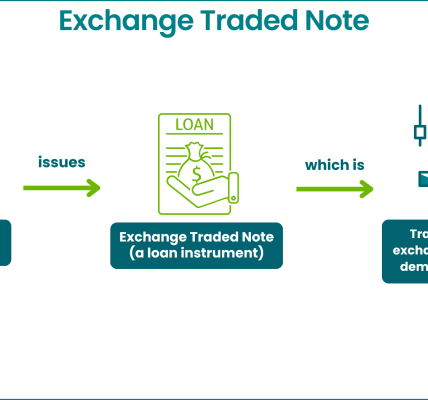Ethical investing is gaining significant traction, and for those aligning their finances with their values, understanding how to invest in vegan stocks is paramount. This isn’t just about excluding companies that test on animals or sell animal products; it’s about actively supporting businesses contributing to a cruelty-free and sustainable future. Diving into the world of vegan stocks requires careful consideration of various sectors and companies, and a solid grasp of investment strategies tailored to this niche. This guide will walk you through the essential steps to confidently and effectively learn how to invest in vegan stocks, building a portfolio that reflects your commitment to animal welfare and environmental responsibility.
Identifying Vegan-Friendly Companies
The first challenge is defining what constitutes a “vegan” company. It’s rarely a black-and-white issue. Here’s a breakdown of factors to consider:
- Core Business: Is the company’s primary product or service vegan? Think plant-based food companies, sustainable fashion brands, or cruelty-free cosmetics manufacturers.
- Supply Chain: Does the company ensure its suppliers adhere to vegan principles? This can be difficult to verify, but look for certifications and transparency reports.
- Investment Practices: Does the company invest in or support industries that exploit animals?
- Testing Policies: Does the company conduct or commission animal testing for any of its products or ingredients?
Sectors to Explore for Vegan Investing
Several sectors offer opportunities for vegan-aligned investment:
- Plant-Based Food & Beverages: Companies producing meat alternatives, dairy-free products, and vegan snacks.
- Cruelty-Free Cosmetics & Personal Care: Brands committed to avoiding animal testing and using vegan ingredients.
- Sustainable Fashion: Companies using eco-friendly and animal-free materials, such as organic cotton, hemp, or recycled fibers.
- Renewable Energy: While not directly vegan, supporting renewable energy aligns with a broader ethical and sustainable worldview often shared by vegan investors.
- Biotechnology (Certain Areas): Some biotech companies are developing alternatives to animal-derived products, such as lab-grown meat or cell-based leather.
Researching Specific Companies
Once you’ve identified potential sectors, conduct thorough research on individual companies. Look beyond marketing claims and delve into their actual practices. Here are some resources:
- Company Websites: Review their mission statements, sustainability reports, and product information.
- Vegan Certifications: Look for certifications from organizations like Vegan Action, Certified Vegan, or Leaping Bunny.
- News and Articles: Search for news articles and independent reviews of the company’s products and practices.
- ESG Ratings: Environmental, Social, and Governance (ESG) ratings can provide insights into a company’s ethical and sustainability performance.
Example Comparison: Two Plant-Based Food Companies
| Company | Primary Products | Vegan Certification | Sustainability Initiatives |
|---|---|---|---|
| Beyond Meat | Plant-based burgers, sausages, and ground meat | Yes (Certified Vegan) | Focus on reducing greenhouse gas emissions and water usage |
| Oatly | Oat milk and oat-based products | Yes (Vegan Society) | Emphasis on sustainable oat farming and packaging |
Where to Find Vegan Stocks
Several platforms can help you find and analyze vegan stocks:
- Online Brokers: Many online brokers offer tools to screen for companies based on ESG criteria, including vegan-related factors.
- Ethical Investment Funds: Consider investing in exchange-traded funds (ETFs) or mutual funds that focus on socially responsible investing (SRI) or specifically target vegan or cruelty-free companies.
- Specialized Investment Platforms: Some platforms are dedicated to ethical and sustainable investing and may offer curated lists of vegan stocks.
FAQ: Vegan Investing
- Q: Is it possible to build a completely vegan portfolio?
- A: It can be challenging, as many companies may have some involvement in non-vegan activities. Aim for companies that align strongly with your values and prioritize transparency. Diversification is key, even within the vegan space.
- Q: Are vegan stocks riskier than other investments?
- A: Like any investment, vegan stocks carry risk. The plant-based sector is growing rapidly, but it’s still relatively new. Thorough research and diversification can help mitigate risk.
- Q: How can I ensure my investments stay aligned with my values?
- A: Regularly review your portfolio and the companies you’re invested in. Stay informed about their practices and be prepared to make adjustments as needed.
Learning how to invest in vegan stocks offers a powerful way to support companies that are making a positive impact on the world. By carefully researching companies, diversifying your portfolio, and staying informed about the vegan landscape, you can build a portfolio that reflects your values and contributes to a more compassionate future. Remember that continuous due diligence is key to ensuring your investments align with your ethical compass. Now that you know how to invest in vegan stocks, you can begin building your compassionate portfolio today.


